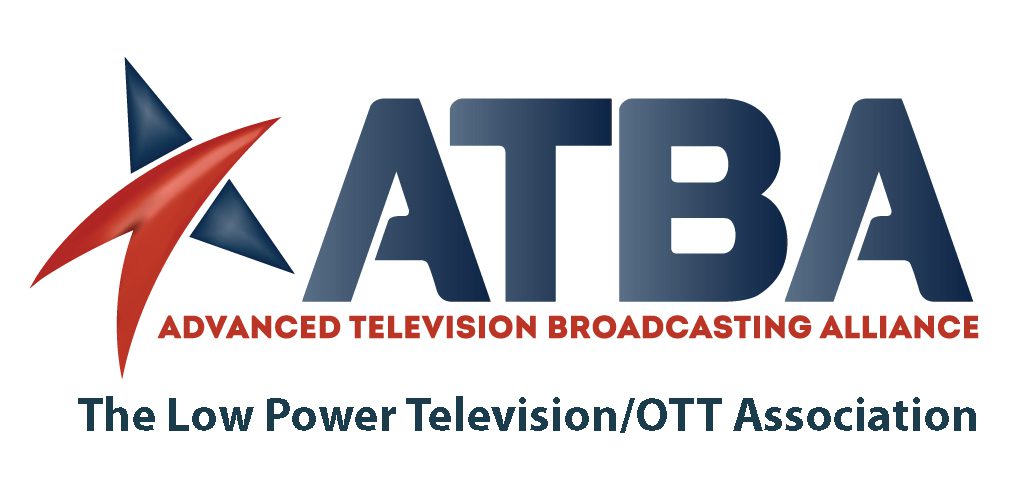On Sept. 28, six low-power TV entities filed an amended brief to challenge when the FCC order made in October 2015 would require wireless carriers to “commence operations” in the 600 megahertz band after the incentive auction and the agency’s order made in December 2015 on channel-sharing by LPTV and TV translator stations after the sale.
A U.S. Court of Appeals in the District of Columbia Circuit granted a petitioners’ motion unanimously to amend the briefing schedule after the court previously made a ruling to reject a similar case. That case was the “Make Communications v. FCC” on Aug. 30. A three-judge panel rejected a challenge to the FCC’s incentive auction rules, and the arguments that FAB and the other LPTV entities had made in their pending case were rejected, at least in part, by the ruling judges.
“The twin orders challenged in this care represent a cruel and arbitrary FCC game of spectral musical chairs,” said the Sept. 28 brief. “Going even further than the prior auction decisions reviewed in Mako Comms., LLC v. FCC, No. 15-1264 (D.C. Cir. Aug. 30, 2016), under the challenged orders ‘many’ LPTV licensees will be forced to shut down because the Commission has decided to completely clear a huge swatch of former television spectrum used by LPTV licensees, the 600 MHz Band, of all LPTV broadcasters entirely, without regard to actual or potential interference with full-power TV stations or other ‘primary’ services. The steps that the FCC says ‘mitigate’ that virtually certain harm do nothing to alleviate the loss of licensed spectrum on which to televise and admittedly offer only a ‘possibility’ they ‘may’ be financially helpful to ‘some’ LPTV licensees.”
The brief claimed the orders were unlawful for four reasons.
Firstly, it claimed the FCC blatantly ignored the command made in the 47 U.S.C. § 1452(b)(5) to not alter the LPTV’s “spectrum usage rights” in the television band reorganization. Secondly, the brief claimed the FCC’s orders were “arbitrary and capricious for two reasons.” One, they said the past is clear that channel sharing does not solve disruptions in service. The LPTV stations argued that the agency’s hopes to perhaps help a few LPTV stations was “based on no record data, analysis or substantiated projection.” Then the LPTV entities argued the FCC orders reversed their own “long-standing rule authorizing LPTV licensees to broadcast ‘secondarily’…without either acknowledging or explaining this untoward change.”
Thirdly, the brief claimed the FCC orders vilated the Regulatory Flexibility Act because they failed to quantify “significant adverse economic impact” of their rules on the LPTV owners and because the FCC took no steps minimize that impact.
Finally, the biref said the FCC Commission’s actions raised serious constitutional issues “as an impermissible delegation of regulatory power to private parties in violation of due process and an arguable Fifth Amendment taking of private property.”









